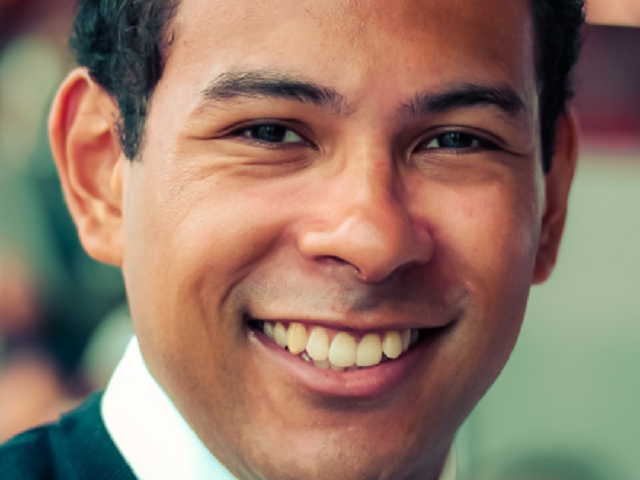Interview with PhD candidate Medes Malaihollo

Medes Malaihollo is a PhD candidate at the Faculty of Law. Below is a short interview, inquiring about his PhD research and teaching role in our LLB programme International and European Law.
What is your specific academic background, and what are your research interests? Do you currently work on any specific research projects?
I have a background in both Dutch law and public international law, but I specialise in the latter. My research interests are mostly related to the rights of Indigenous Peoples in international law. The main reason for this is that I am from indigenous descent, so the matter lies very close to my heart. In particular, I research the right to self-determination of Indigenous Peoples and here), which is a foundational legal norm to protect, maintain, enhance and further develop their collective identities. The latter is of utmost importance for them because their survival and viability relies on that. I also have a keen interest in the concept of due diligence, which is considered as a ‘familiar stranger’ in international law. For the PhD project that I am currently working on, I combined the two topics into one study, i.e. due diligence obligations of states related to the right to self-determination of Indigenous Peoples in international law.
What courses have you taught within the Faculty (and within which programmes)?
The courses that I taught for the LLB programme were Introduction to International and European Law, Public International Law and the Research Seminar. I also taught Juridische Onderzoeksvaardigheden 1 and I supervised Dutch students for their Studentenrechtbank. On top of that, I was a lecturer for the ‘Honours College Moot Court’ and I taught ‘Introduction to International and European Law’ for IR students. I also supervised LLB students and LLM students in writing their theses.
What did you enjoy teaching about these courses?
The moments I enjoyed the most were when students actively participated in class and showed sincere interest in a particular topic. An interesting discussion would follow from that then. Such moments open up the door for students to ask questions or raise issues to which even lecturers might not even have an answer on the spot. Those are the moments I enjoyed the most! I would throw the question back into the group and see what would happen (the Socratic method). Students would then try to navigate their way in the realm of international law, and I would accompany them and provide them with guidance. I would say that those moments were the most fascinating ones in that both students and lecturer would participate in finding answers to questions in the academic environment that is created within the university walls.
What career prospects do you think there could be for students who pursue careers in your specific legal field of expertise?
Due to many societal issues having a transboundary element, e.g. about climate change and migration, public international law becomes relevant very easily. A lot is regulated on the international level and, with that in mind, there are numerous career prospects. You can start working for an NGO or international organisation, like the United Nations or the European Union. You can also work at a ministerial department, an embassy, a law firm or pursue an academic career like me. Moreover, I would say that having a background in public international law does not limit yourself as you can go abroad. After all, you are not limited to a particular domestic jurisdiction.
Do you have any advice for students interested in pursuing your same field of legal expertise?
Go on exchange to a non-European university, in particular one in the Global South. International law contains many Eurocentric ideas, e.g. sovereignty, and there is still much to be explored about international law from a different perspective. Going on exchange in the Global South can contribute significantly to understanding international law from a different perspective.
If you are interested in pursuing the field of the rights of Indigenous Peoples in particular, I would say it is essential to understand and respect their world views, e.g. community values, the importance of ancestral lineages and the special relationship that Indigenous Peoples have with their ancestral lands. Having an emphatic mindset is very valuable in that sense. Moreover, studying the right of Indigenous Peoples might lead to you running into anthropological matters. The classic example in this regard is finding an answer to the question ‘what is an Indigenous People?’ Unfortunately, international law does not provide a clear-cut definition, so we have to rely on anthropological studies a lot. This makes studying the rights of Indigenous Peoples interdisciplinary too. All in all, you need to be open to explore beyond the borders of the law. That might be challenging, but it is also very interesting because we can learn a lot from it too.
- Interview by: Dr. Chris Brennan, Marketing Advisor, Faculty of Law
--------------------------------------------------------------------------------------------------
Interested in more information about our LLB or LLM programmes? You can ask questions directly to the Faculty by filling out our information request form.

